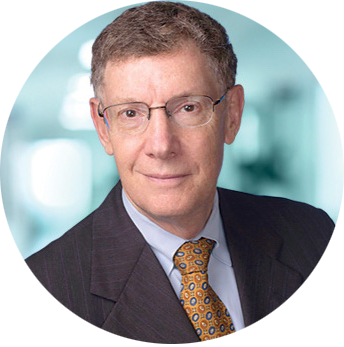Get some exercise! That’s accepted medical advice. “In 2022, among adults aged ≥18 years, women were more likely than men (22.9% versus 17.8%) to be advised during the past 12 months by a doctor or other health professional to increase their amount of physical activity or exercise,” according to the Centers for Disease Control and Prevention. There are many reasons and/or excuses for not exercising. Let’s focus on three.
#1. Lack of time is the most common reason for not exercising.
Fair enough. Many of us are squeezed for time. But guess what: People who exercise have more energy, lose less time due to illness, and generally are more productive. That ultimately gives them more time.
Studies show that people who walked briskly 45 minutes per day, five days per week over a few months, had fewer colds and reduced their sick days by as much as 50%. Exercise after the initial adjustment period can add time and productivity to your day. Many people also can catch up on the news or a book while exercising on a treadmill or stationary bike.
In the best-selling book Younger Next Year, the authors Chris Crowley and Dr. Henry Lodge state that thinking of exercise as your “job” will add years of functionality to your life. Their theory is that as we humans developed over the eons, hunting and foraging became the norm, and our forbearers were challenged by hostile environments and wide swings in temperatures due to very crude shelters. Our successful ancestors who survived to reproduce were essentially bred to be physically active and hardy. Over the last hundred years or so, we as a civilization have grown accustomed to climate-controlled conditions and a sedentary lifestyle.
So, we have gained weight. A lot of weight. Our country is the fattest of the Organization for Economic Cooperation and Development nations. As a tragic consequence, one prediction is that childhood obesity will induce diabetes with many attending complications. As a result, children will predecease their parents.
#2. Lack of consistency is the second most commonly cited reason for not benefiting from exercise.
Making a plan, having a goal, and being diligent are three attributes of successful people. When we look at other areas of our lives—professional or recreational—we know that sticking to an activity makes a difference. Why then are we so careless and shortsighted when it comes to exercise?
Not having a plan, or starting too grandly, are common reasons for giving up a program prematurely. It’s important to have a realistic timeline to begin to see the benefits. We have a culture of instant gratification, which is hard to reconcile with longer-term paybacks like exercise. Knowing there will be real long-term benefits should make a difference.
Some of these longer-term benefits include the anti-aging effects of exercise. True, aging is unavoidable. But “rot” from inactivity is easily avoidable by daily exercise, according to Dr. Henry Lodge. People who start midlife with a weekly routine (including four aerobic and two weight training workouts per week) have objectively better lives. These folks look and feel better. They have more active lives, stay connected to their families and friends, and are more “engaged” and committed. In other words, there are mental and social benefits to exercise as well.
Recently reported studies show that regular exercisers lowered their risks as follows:
- Colon cancer decreased by over 60%
- Breast cancer decreased by about 50%
- Diabetes decreased by 50%
- Stroke decreased by 27%
- High blood pressure decreased by 40%
- Alzheimer’s disease decreased by 40%
- Depression decreased significantly
- Fewer upper respiratory infections
- Fewer days of lost work due to sickness
#3. The third common reason for not exercising is that exercise can hurt, particularly in the beginning after a long period of inactivity.
Okay, it can hurt a little. But knowing there will be some pain and soreness the day after starting back on a program should help get you over the “hump.” There are theories that starting gradually is better to mitigate the “startup pain,” and there is contrary advice to just jumping in with both feet to get going.
What’s right for you? People should know themselves by the time they are middle-aged. Therefore, a gradual or rapid start back to exercise should be an individual decision. The old expression “no pain, no gain” may or may not be motivational, depending on the underlying personality of a new exerciser.
However, hating to exercise is probably high on the list of reasons people don’t get motivated during their middle years. Perhaps they didn’t like to exercise even when they were younger. They may not have been talented athletically, or fitness was not emphasized in their youth.
Group exercise can be a huge motivator. There are social aspects that can more than make up for the dislike one may have of exercising. Humans are social beings, and we like to be with other people who are similarly stressed or motivated. Group activities are particularly helpful because the social pressure of not showing up can be great enough, in the beginning, to help form the exercise habit.
But even without a group, newer modalities such as exercise TV, DVDs, and Wii Fit Plus are all easy to do at home and can fit into almost any lifestyle. Being at home simplifies the logistics, saves travel time, can avoid the perceived embarrassment of being “out of shape,” and allows a gradual process of getting back in shape.
Two-thirds of Americans are overweight. About one-third of us don’t exercise. Most of us overeat. We can do better as a nation and as individuals. Addressing what is holding us back is an important first step, especially when we appreciate the objective benefits of exercise.
The hardest part is getting started. As the folks at a certain sneaker company say, let’s “just do it.”






